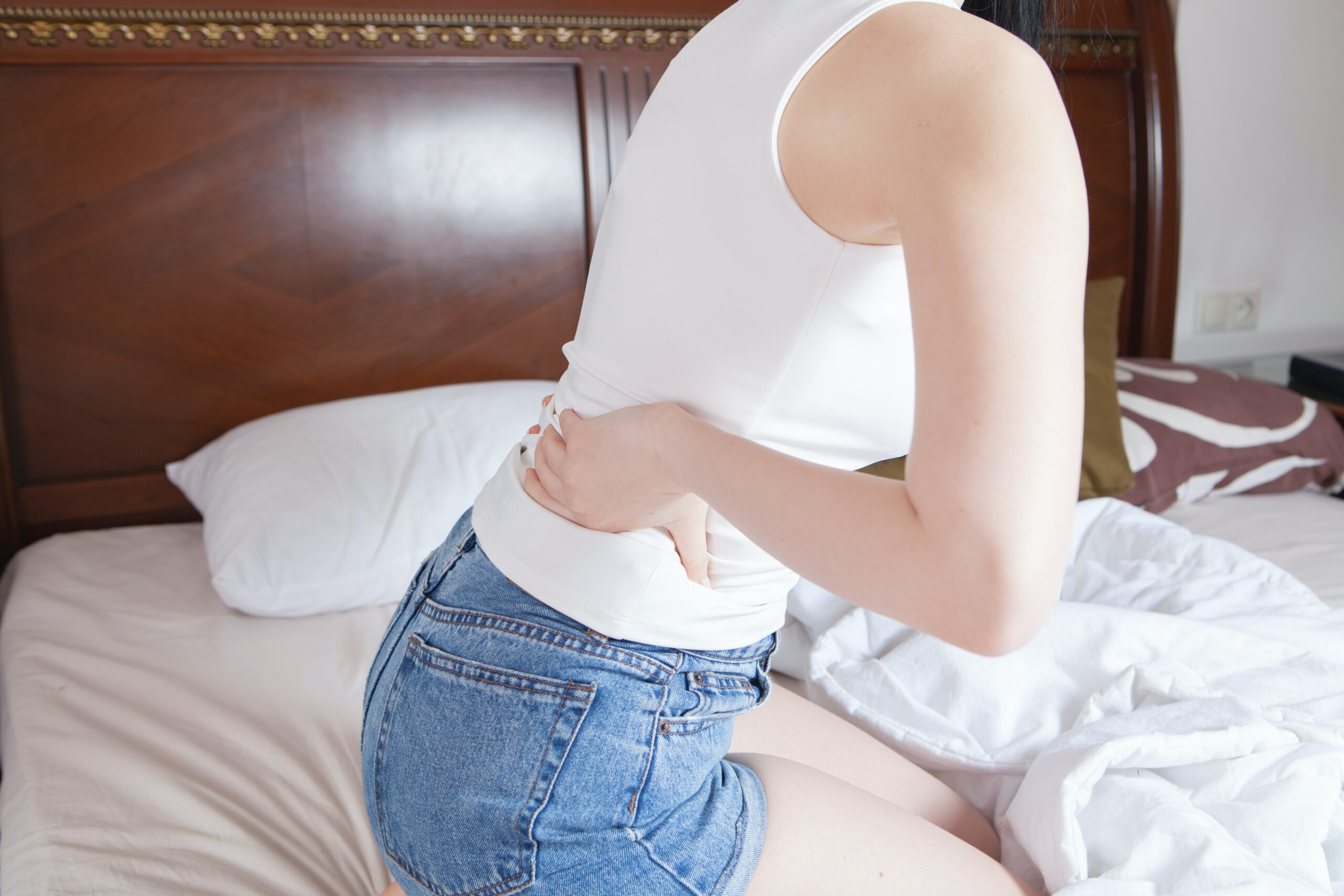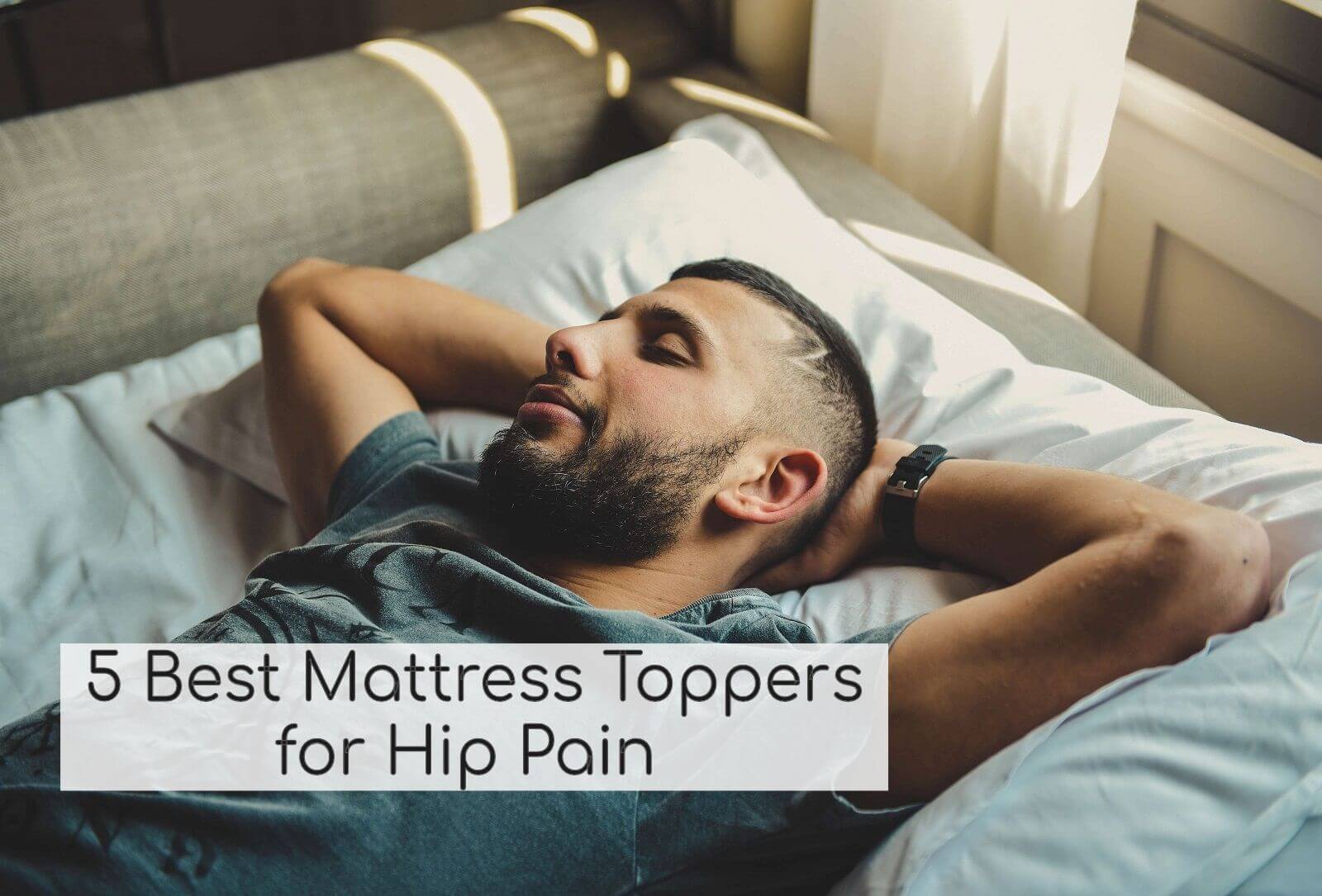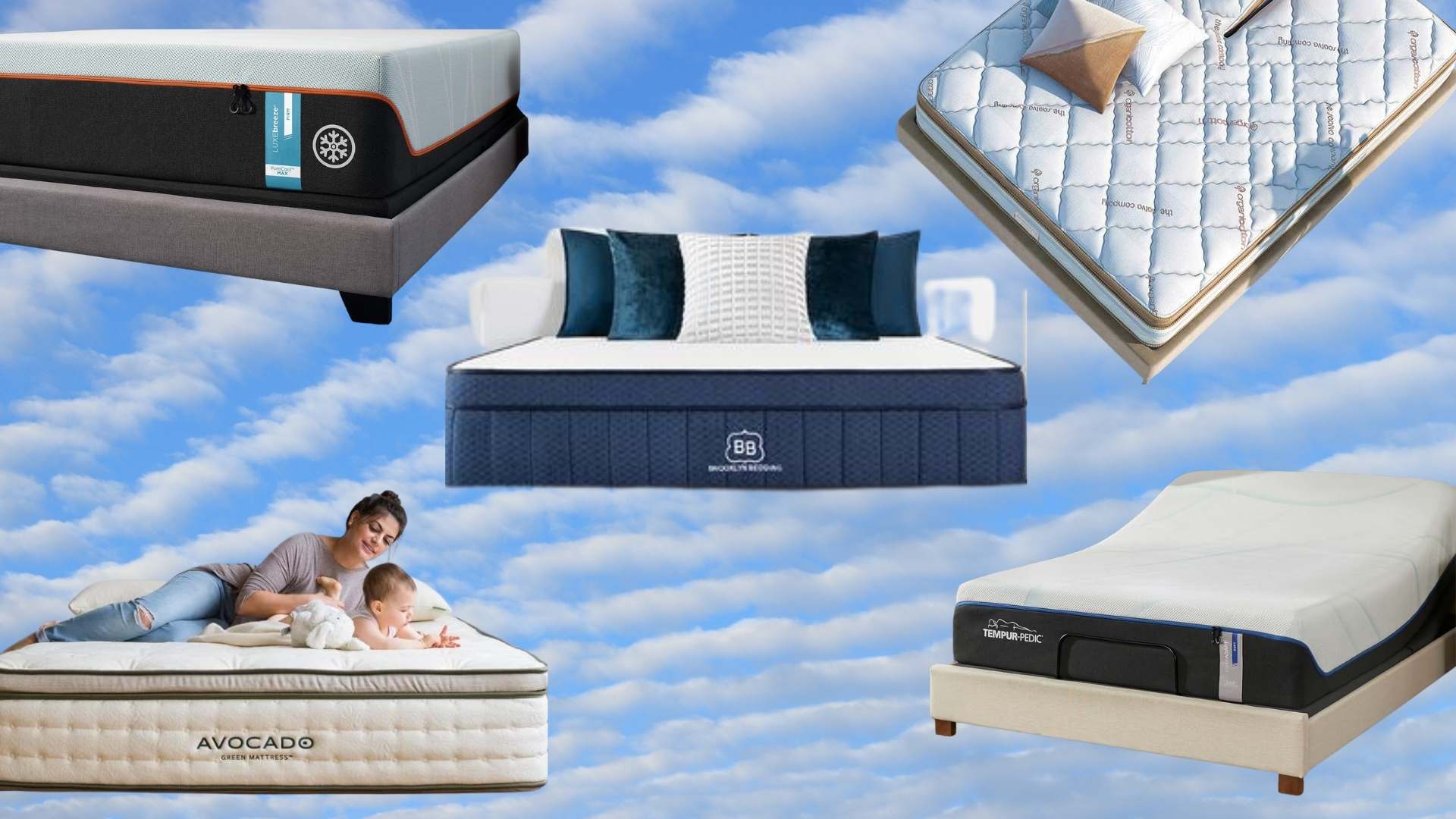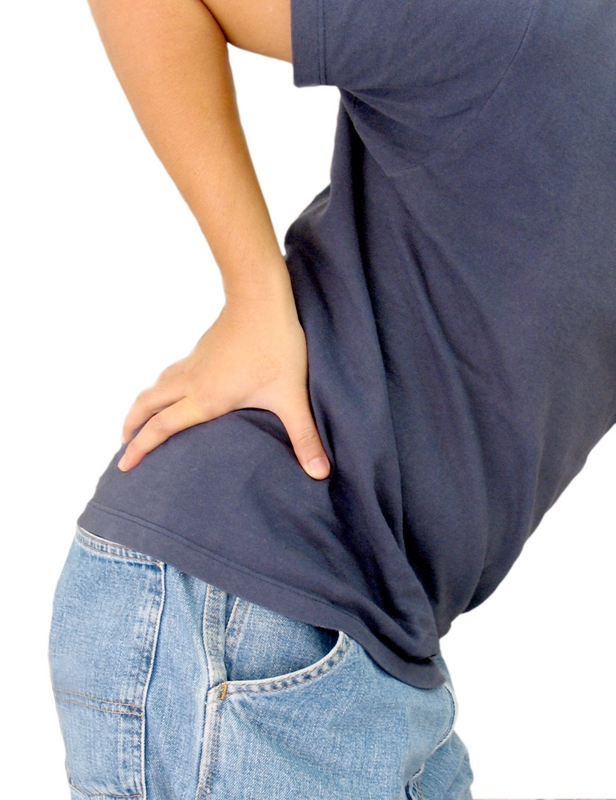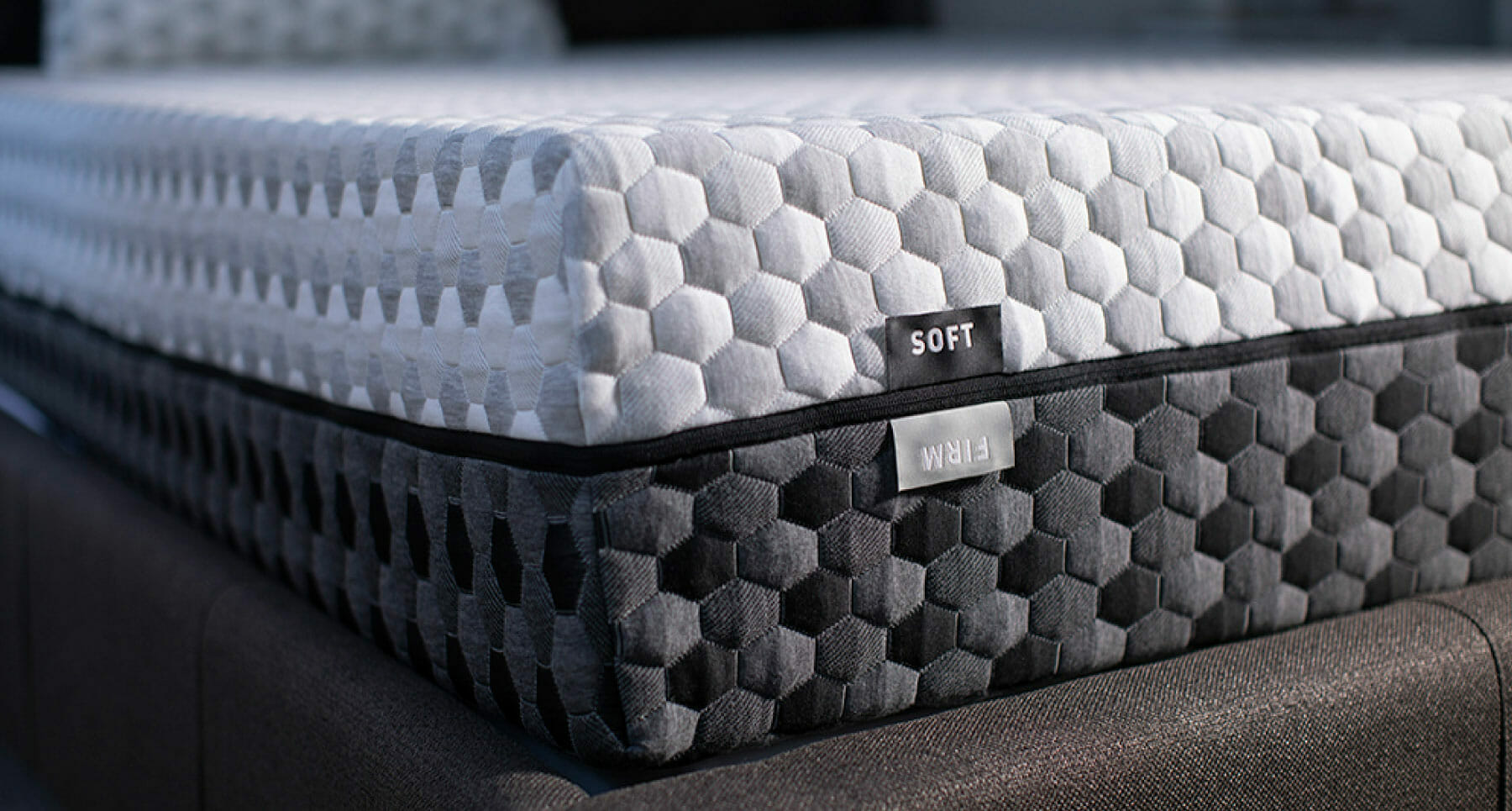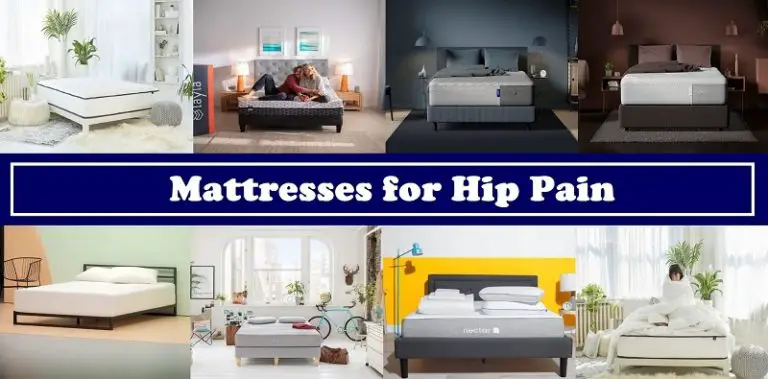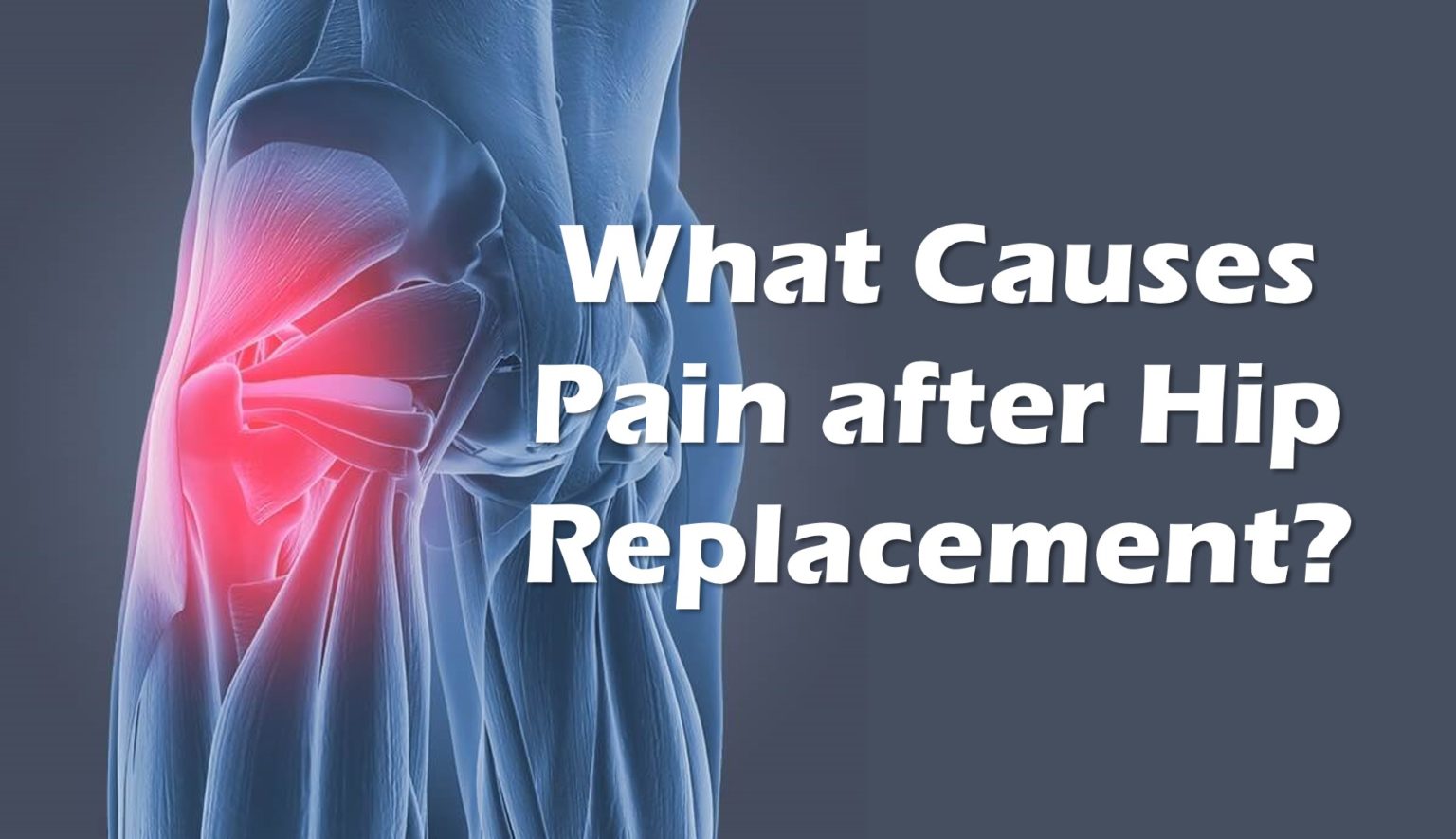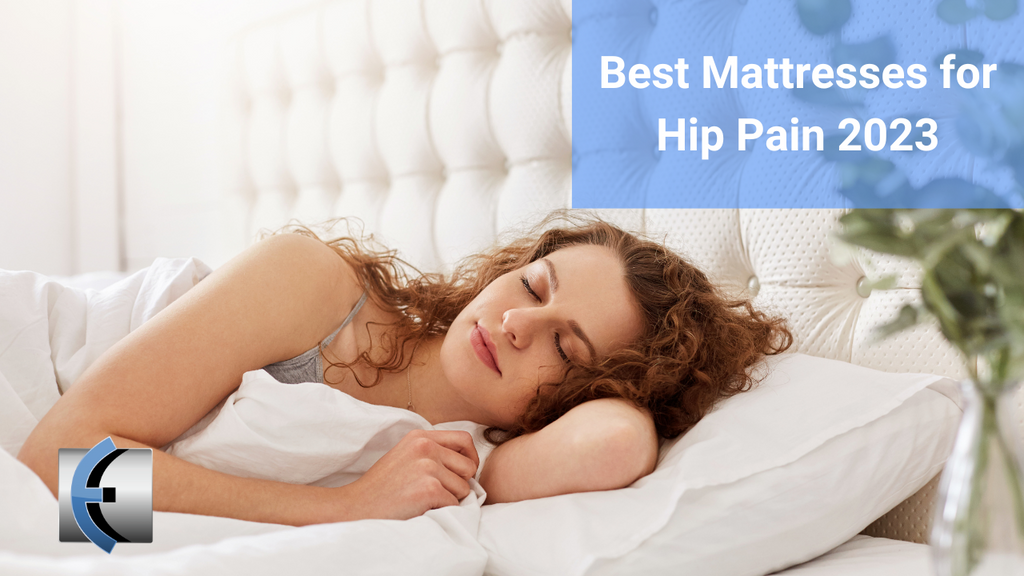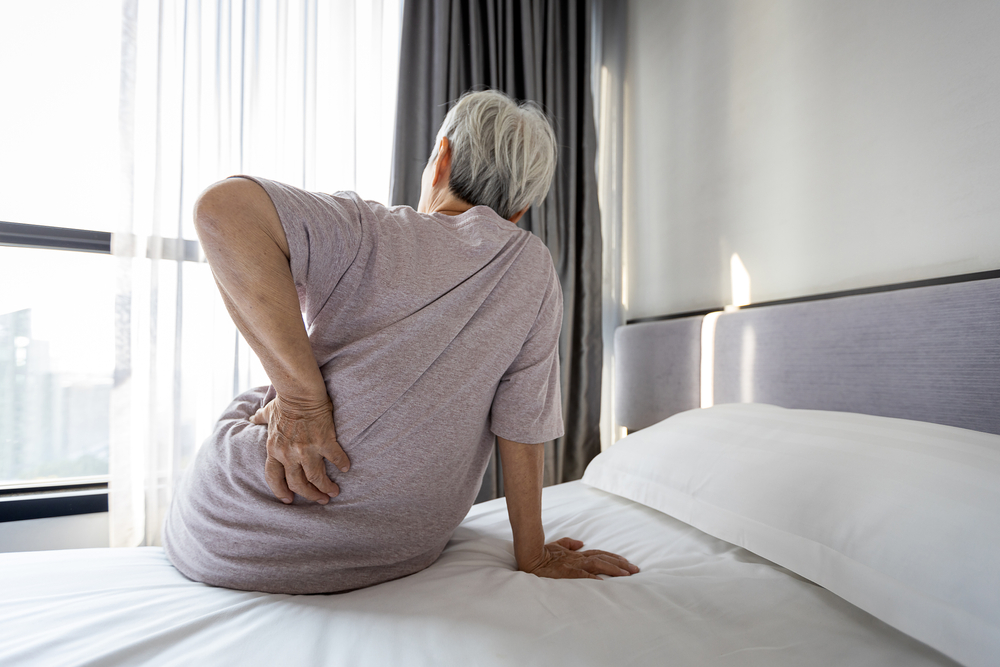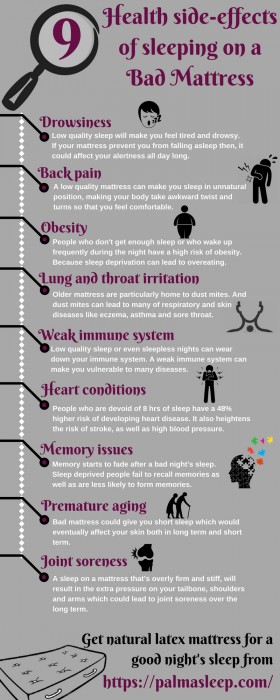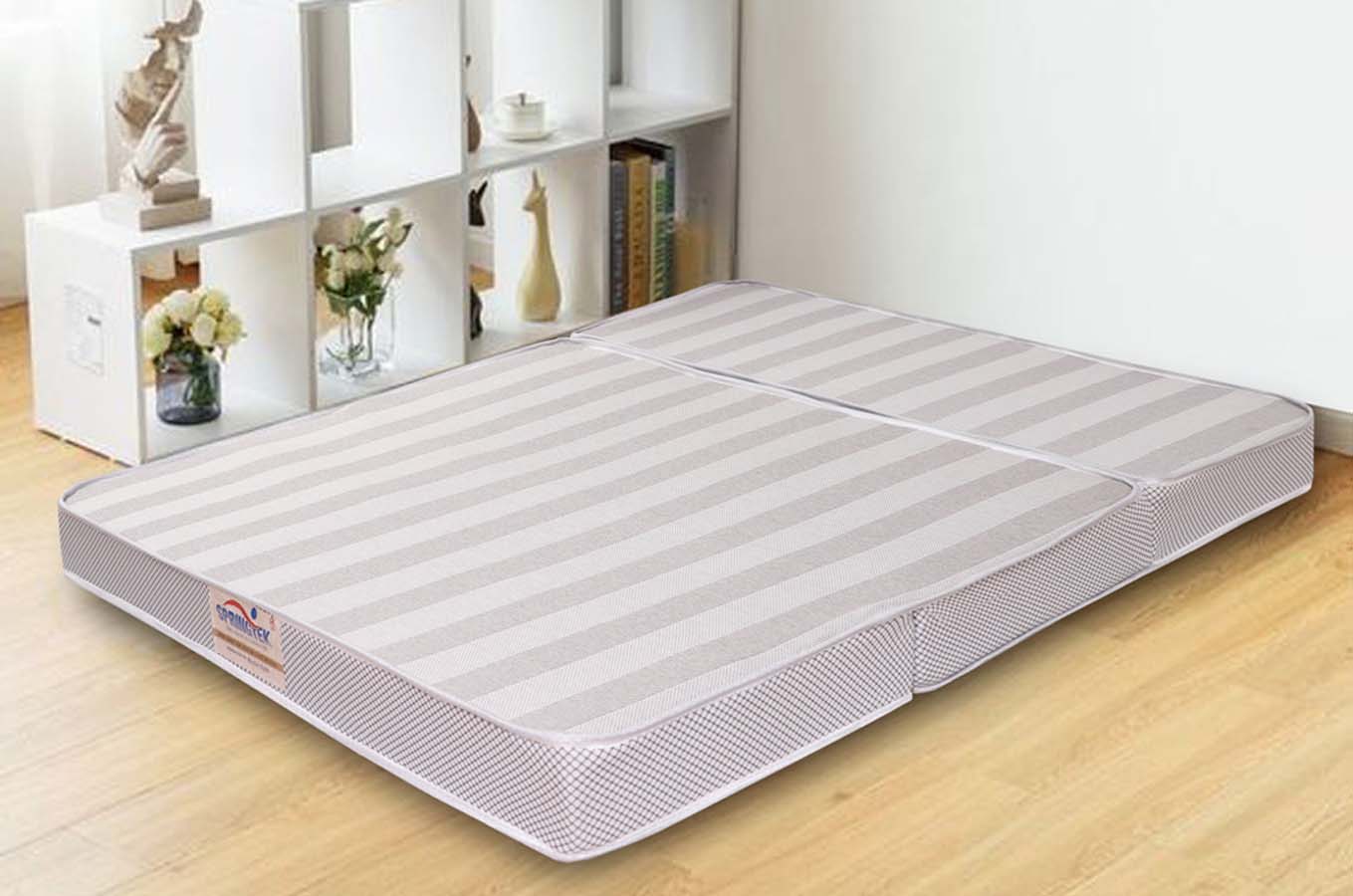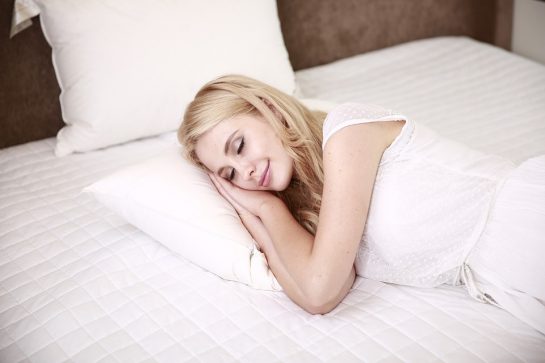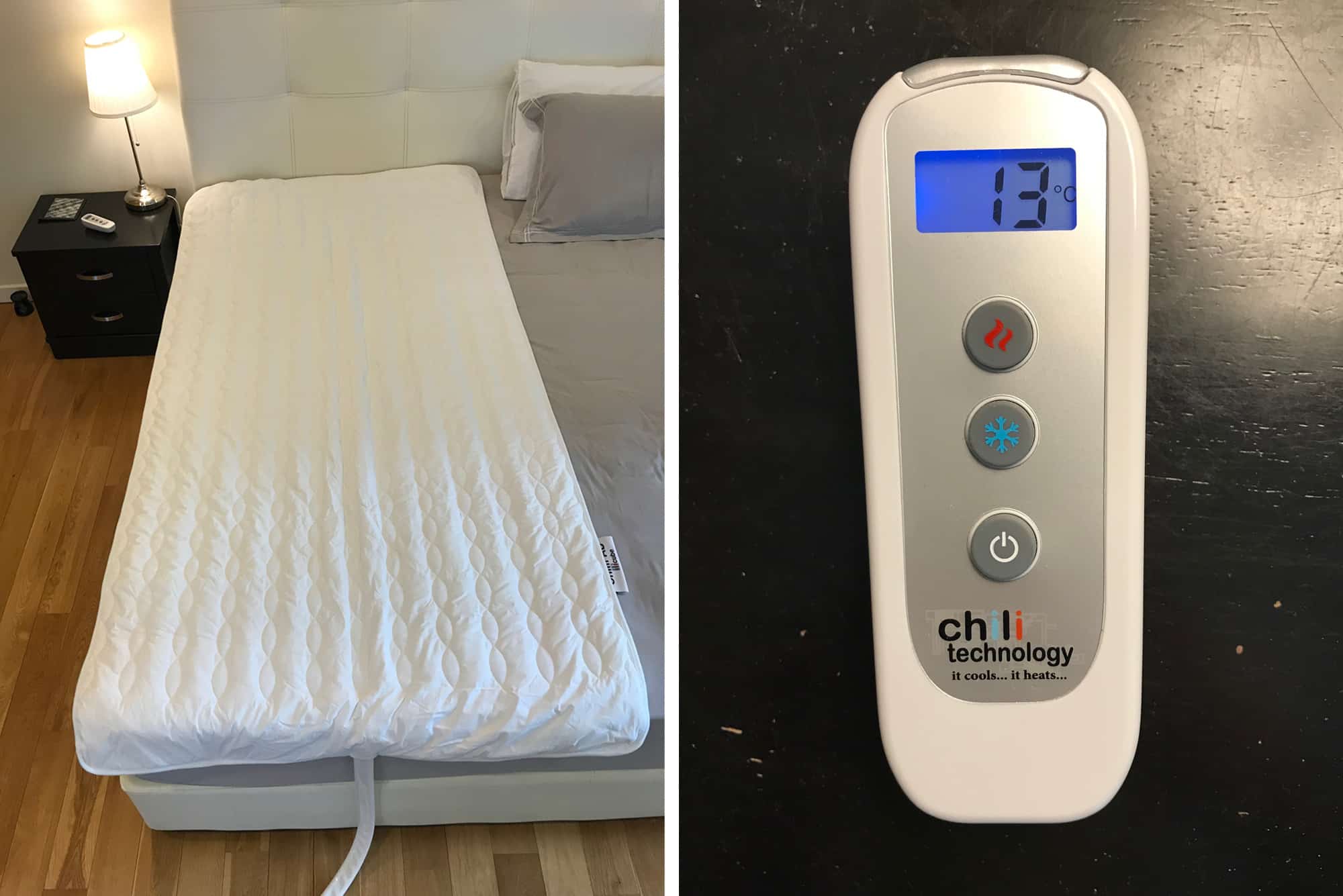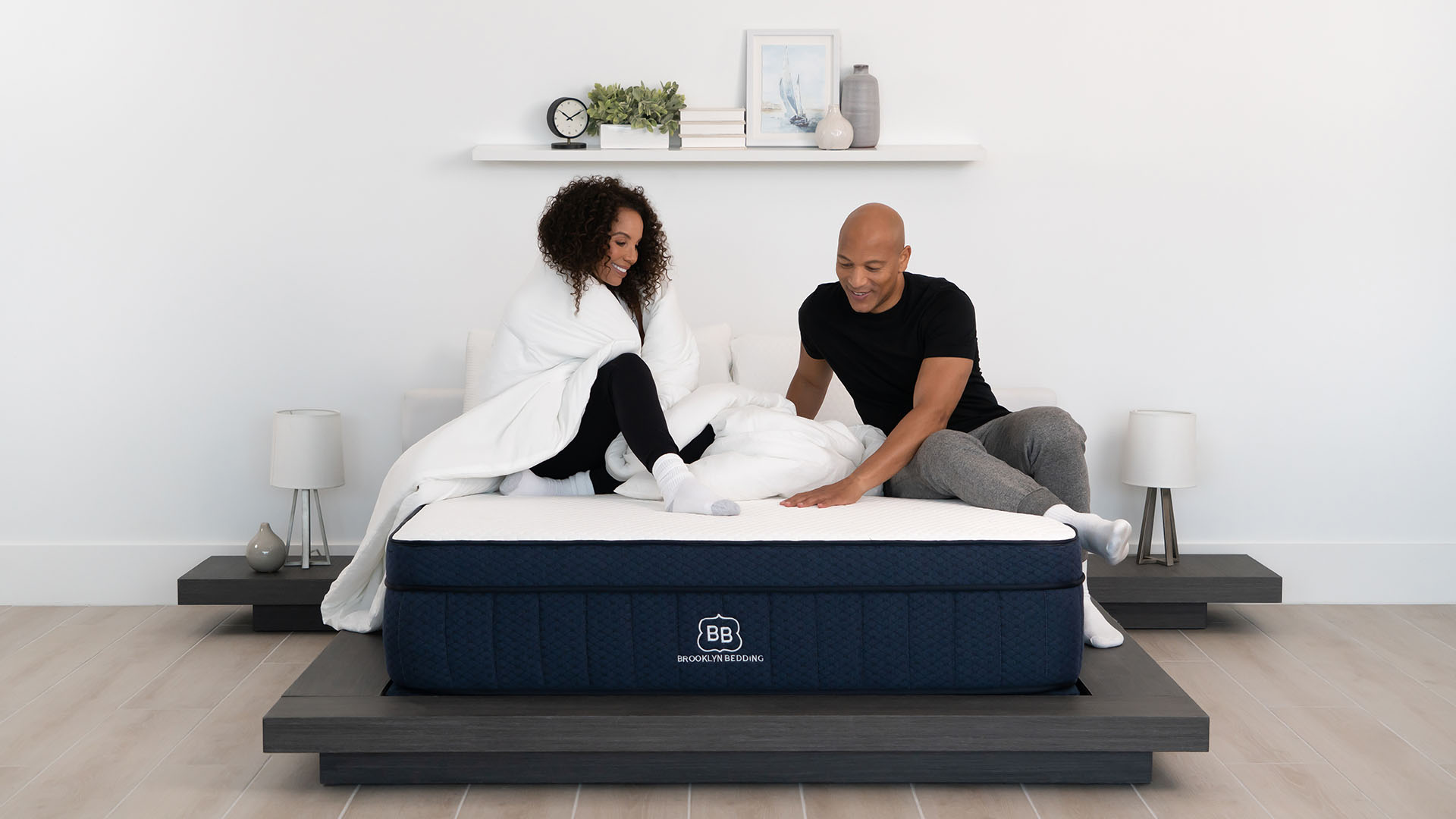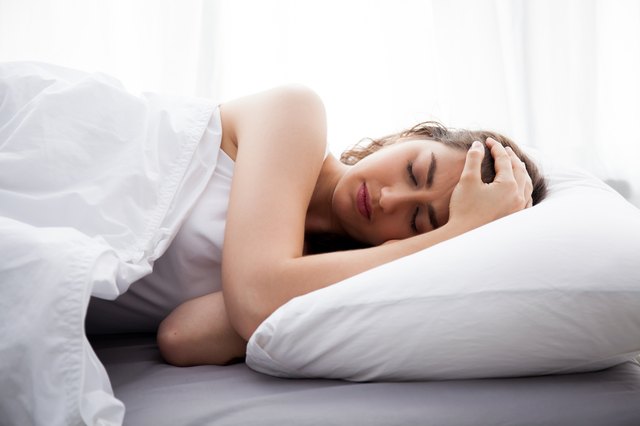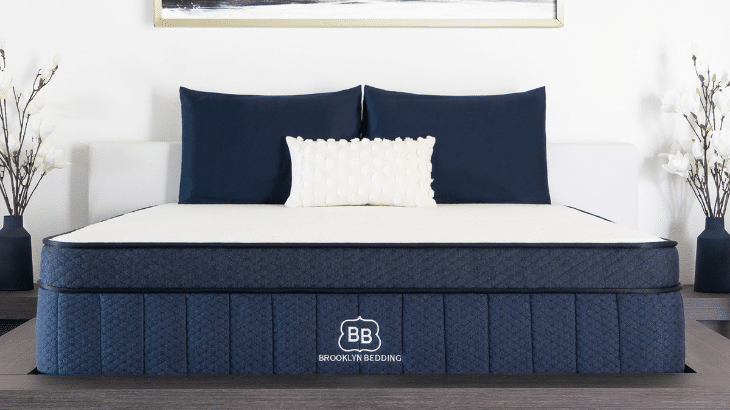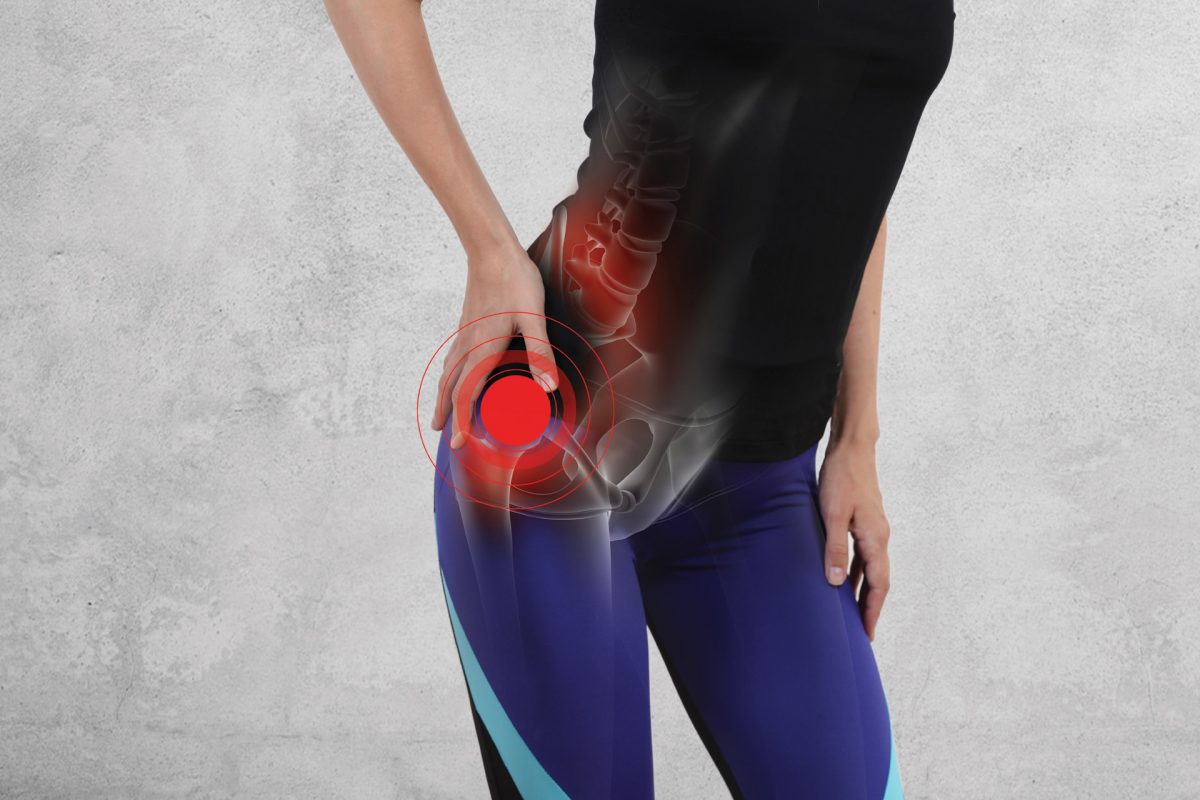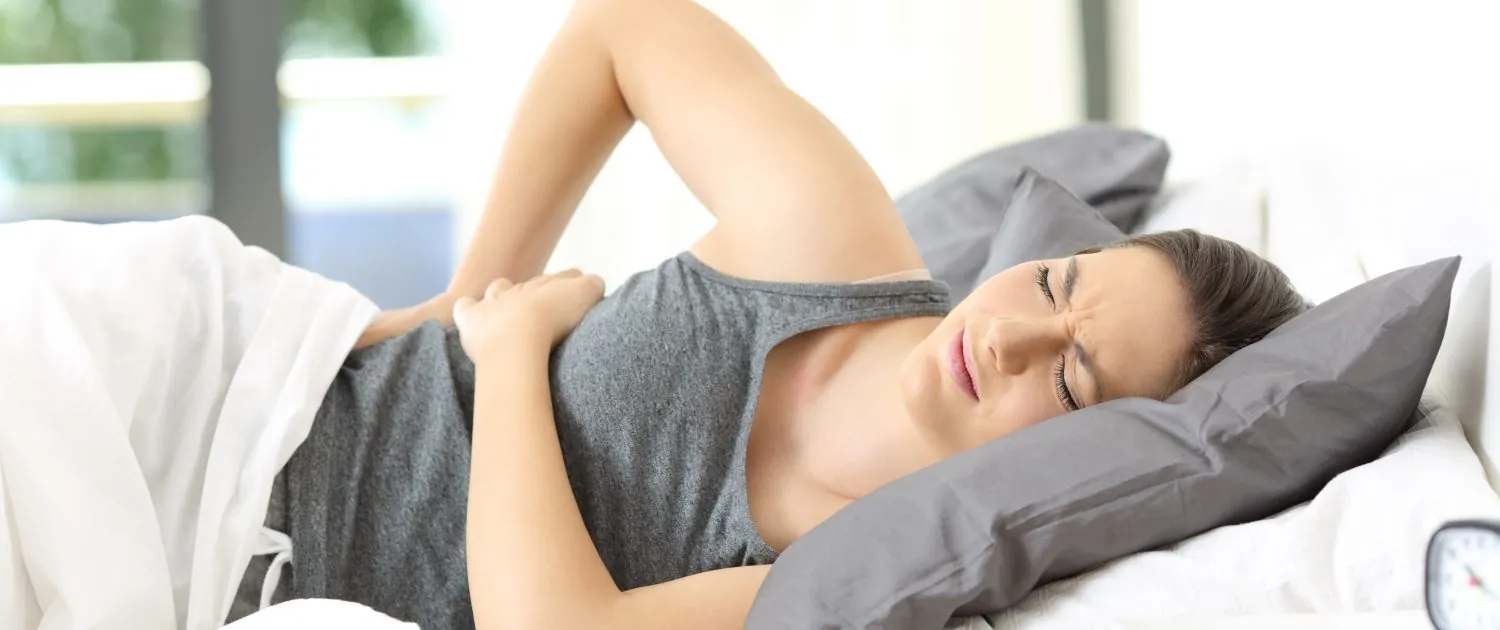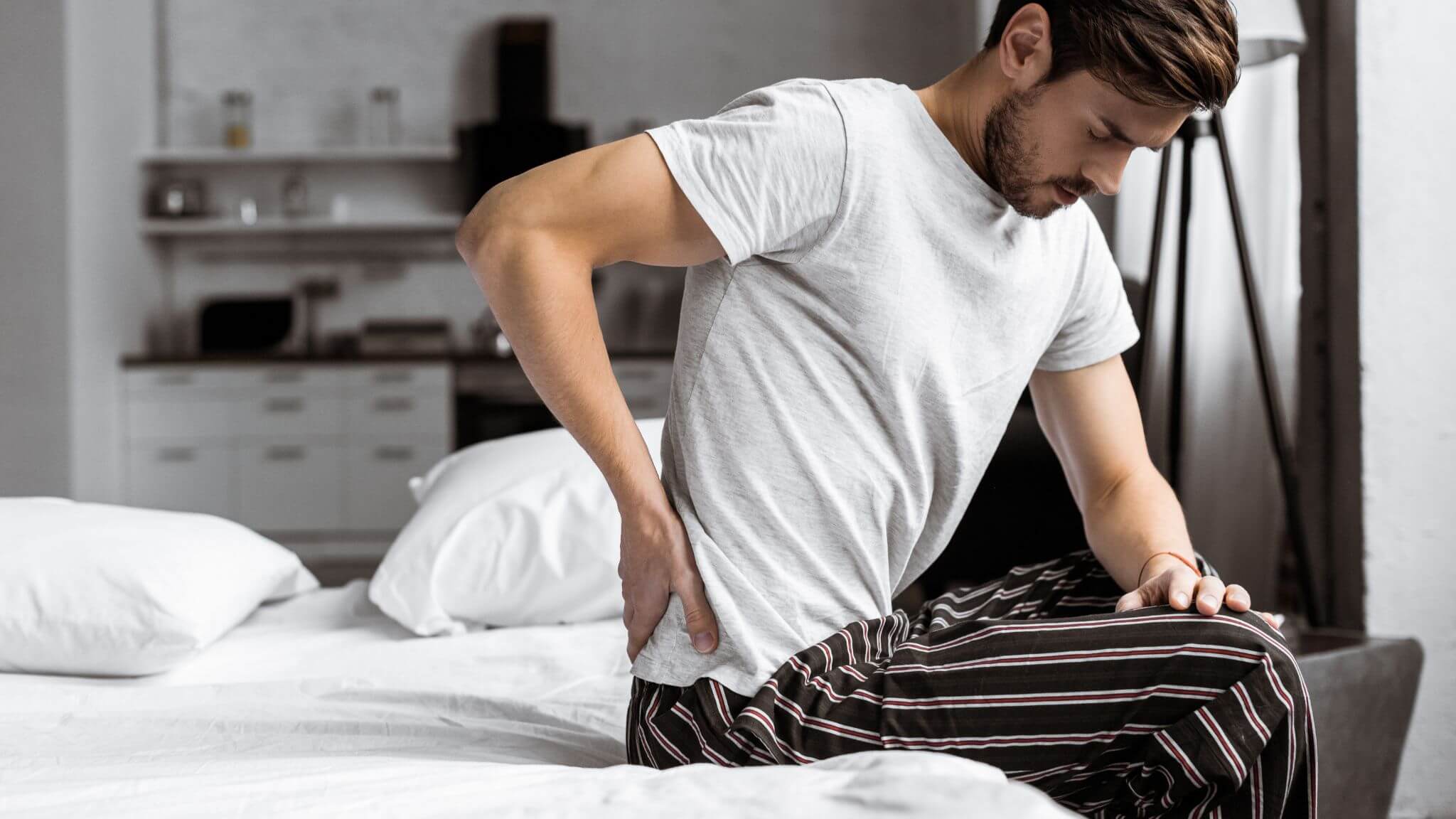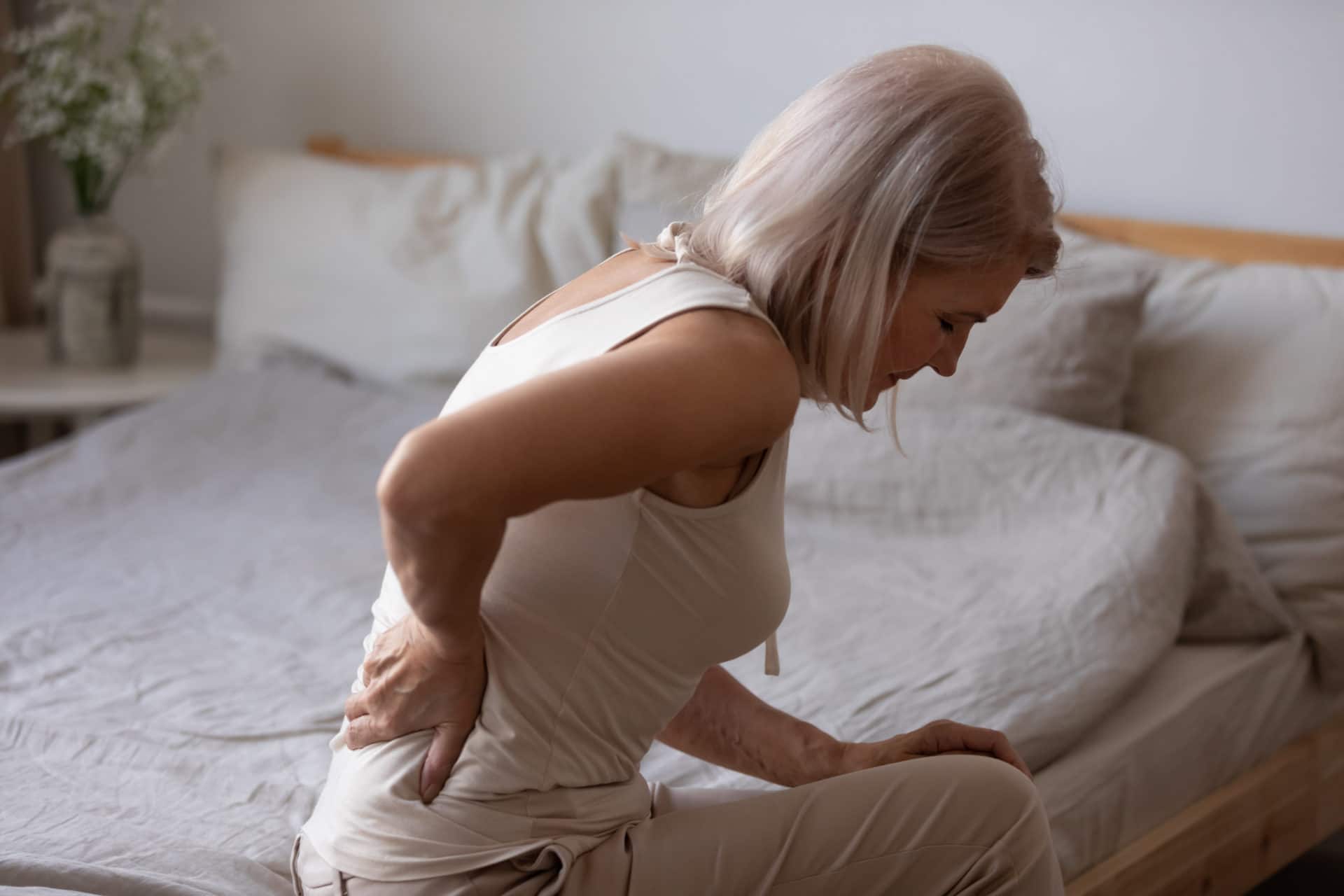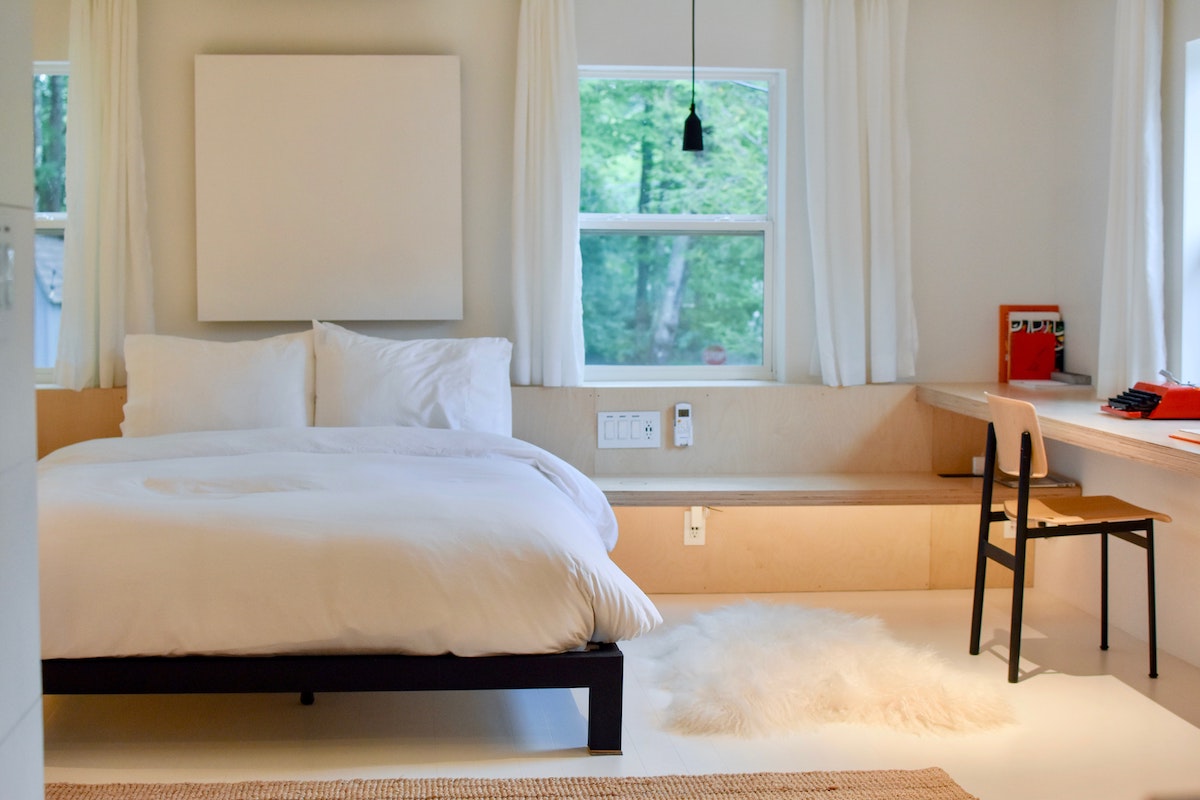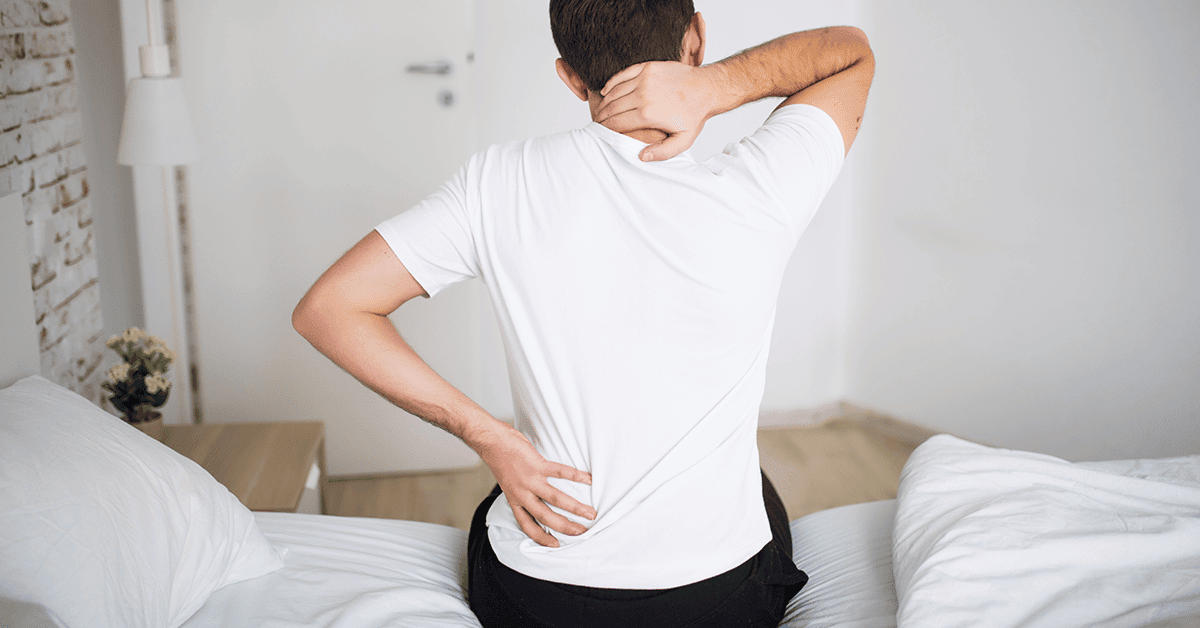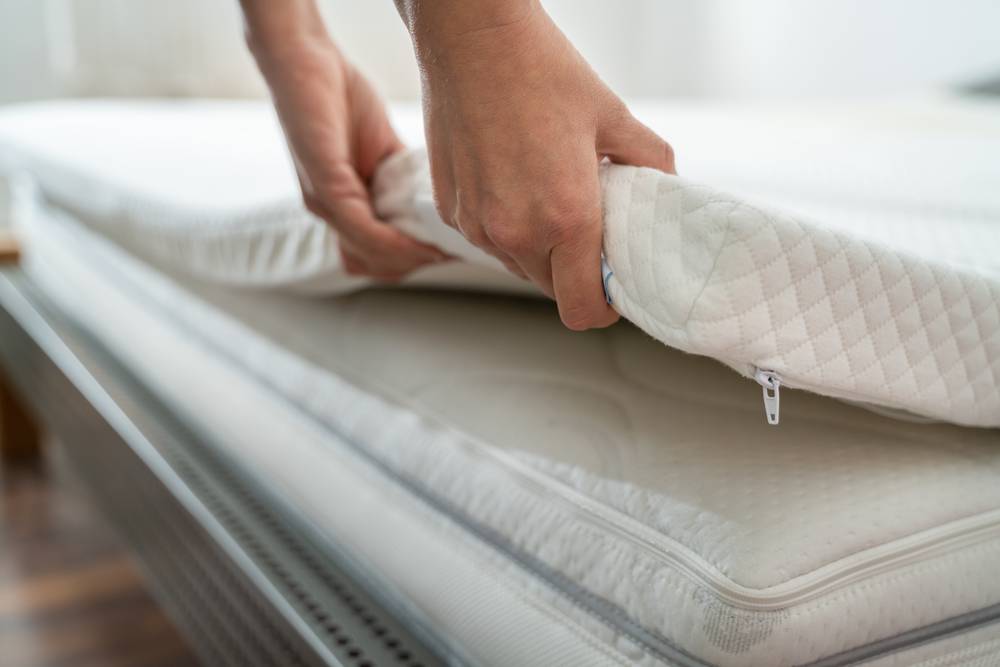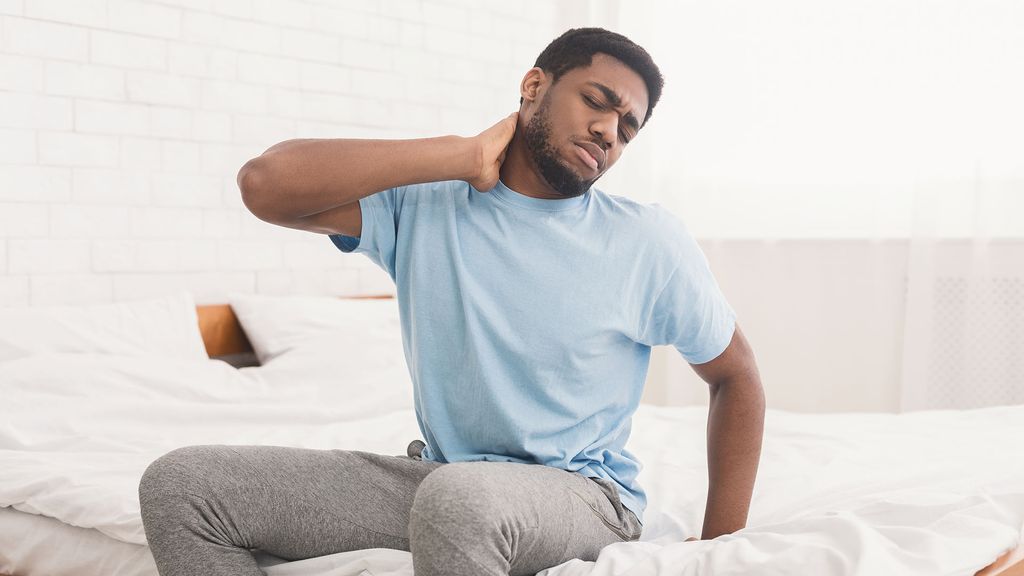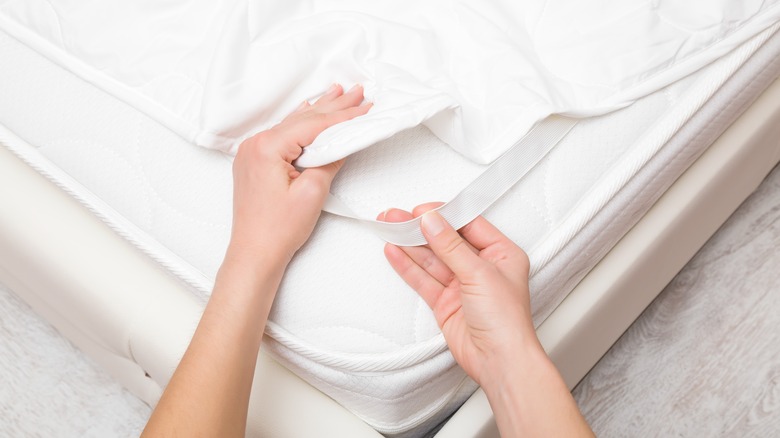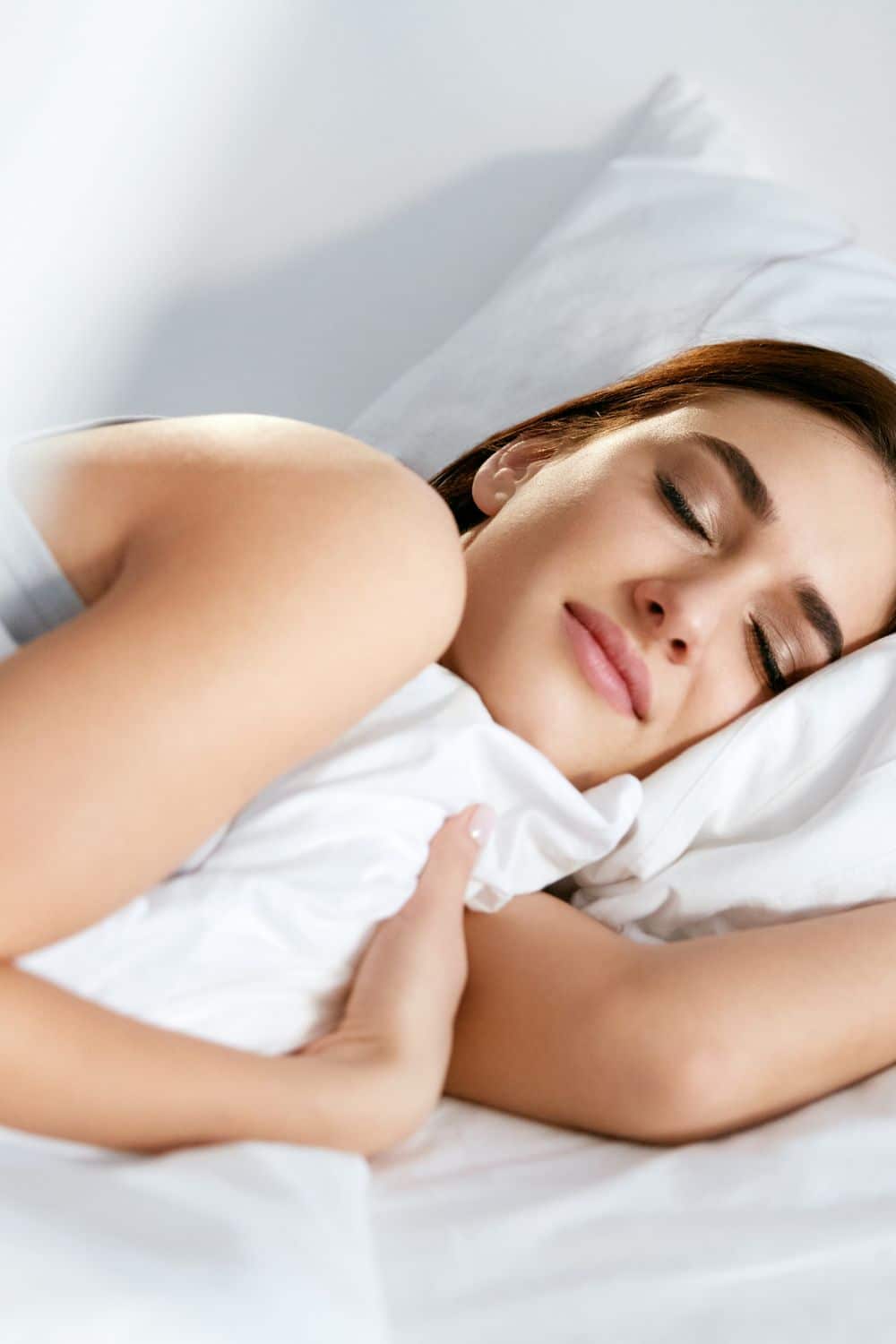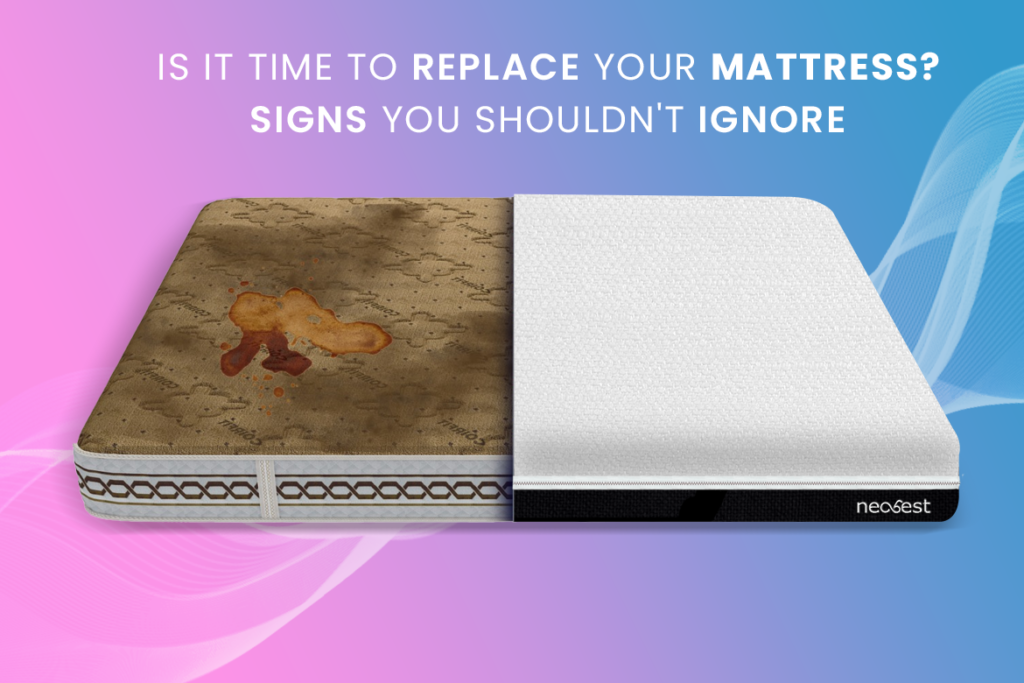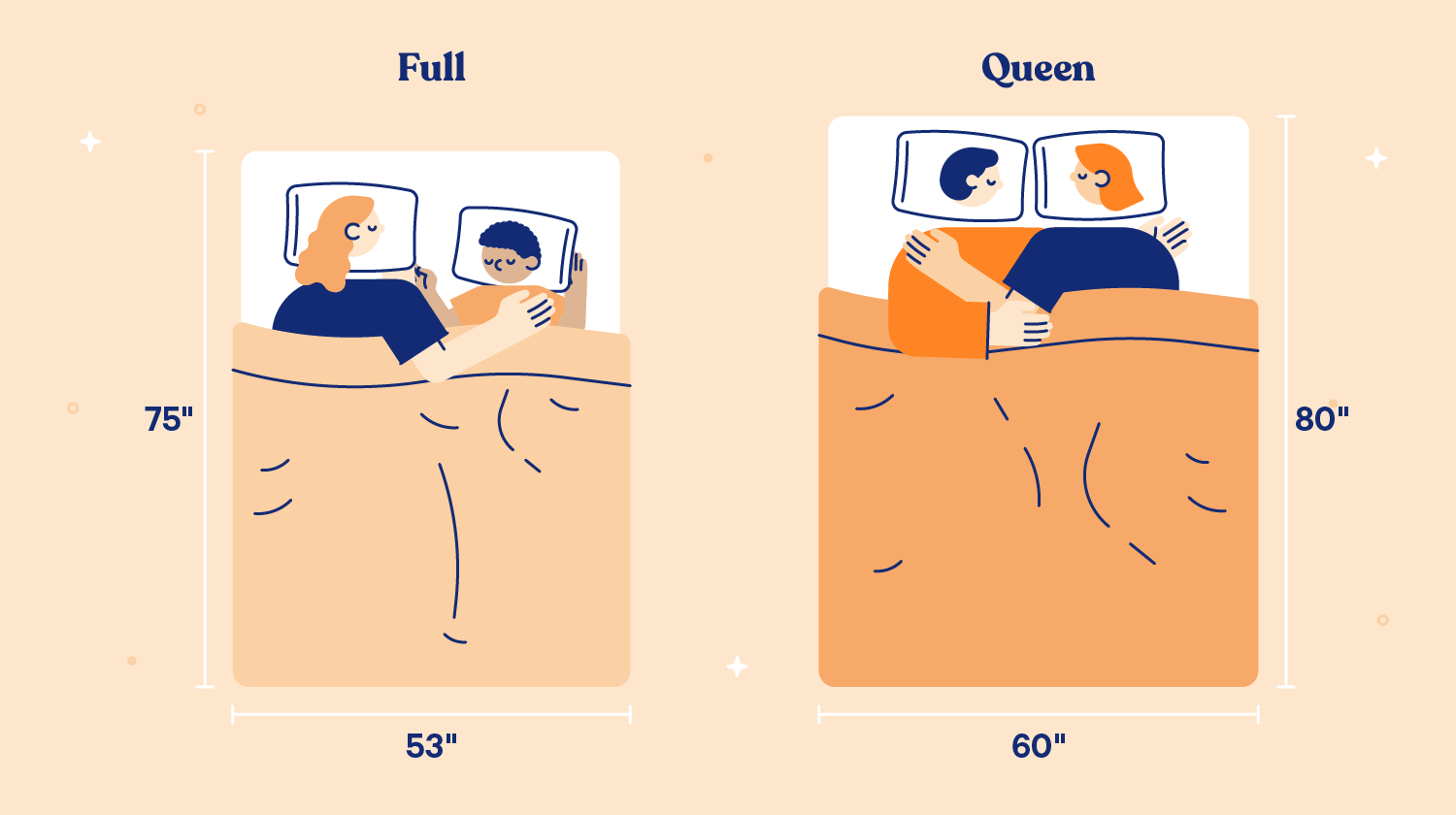1. How a Worn-Out Mattress Can Cause Hip Pain
Your mattress is more important than you may realize when it comes to your overall health and well-being. And if your mattress is old and worn-out, it could be the root cause of your hip pain. While many people overlook the condition of their mattress, it plays a crucial role in supporting your body and providing a comfortable sleeping surface. So, how exactly can a worn-out mattress lead to hip pain?
Firstly, an old mattress can lose its firmness and support over time. This means that it can no longer properly support your body weight, causing your spine and hips to sink into the mattress. This puts strain on your muscles and joints, leading to hip pain. Additionally, a worn-out mattress may also lose its ability to distribute your body weight evenly, resulting in pressure points on sensitive areas like your hips.
If you're experiencing hip pain, consider the age and condition of your mattress. It could be the culprit behind your discomfort.
2. The Connection Between Mattresses and Hip Pain
It's essential to understand the connection between your mattress and hip pain. Your mattress is responsible for providing adequate support to your body while you sleep. When your mattress is old and worn-out, it can no longer perform this vital function, causing discomfort and pain in your hips.
Furthermore, an old mattress can also affect your sleeping posture. When your mattress sags or loses its shape, it can cause your spine to become misaligned, leading to pressure on your hips and other parts of your body. This can result in chronic hip pain, making it difficult to get a good night's sleep and impacting your daily life.
Investing in a quality mattress that provides proper support and comfort can help alleviate hip pain and improve your overall sleep quality.
3. Can an Old Mattress Really Cause Hip Pain?
The short answer is yes - an old mattress can cause hip pain. As we mentioned earlier, a worn-out mattress can lead to poor sleeping posture, muscle strain, and pressure points on your body, all of which can contribute to hip pain.
In fact, research has shown that sleeping on an old and uncomfortable mattress can result in poor sleep quality and increased muscle soreness and discomfort, including in the hips. This is because your body is unable to relax and recover adequately, leading to aches and pains the next day.
So, if you're experiencing hip pain and have an old mattress, it's time to consider investing in a new one for the sake of your comfort and well-being.
4. The Effects of Sleeping on a Worn-Out Mattress
Sleeping on a worn-out mattress can have various effects on your body, especially on your hips. Firstly, it can cause your sleeping posture to become misaligned, leading to pressure on your hips and other body parts. This can result in chronic pain and discomfort, making it challenging to get a good night's rest.
Moreover, an old mattress can also lead to poor sleep quality. When your body is unable to get the support and comfort it needs, you may find yourself tossing and turning throughout the night, trying to find a comfortable position. This can leave you feeling restless and tired the next day, impacting your productivity and overall well-being.
It's crucial to address a worn-out mattress to prevent these negative effects and promote better sleep and comfort.
5. Tips for Choosing a Mattress to Relieve Hip Pain
If you're experiencing hip pain, it's essential to choose a mattress that can provide the proper support and comfort to alleviate your discomfort. Here are some tips to keep in mind when shopping for a new mattress:
Consider your sleeping position: Different sleeping positions require different levels of support. For example, side sleepers may need a softer mattress to cushion their shoulders and hips, while back sleepers may need a medium-firm mattress for proper alignment.
Look for pressure relief: A mattress that can distribute your body weight evenly can help prevent pressure points and alleviate hip pain. Look for features like memory foam or layers of cushioning for pressure relief.
Test it out: Don't be afraid to physically try out different mattresses in the store to find the one that feels most comfortable for your body.
6. The Importance of Proper Support for Hip Pain Relief
Proper support is crucial for relieving hip pain and promoting overall comfort while sleeping. When your body is properly supported, your muscles and joints can relax, and your spine can stay in its natural alignment. This can help alleviate pressure on your hips and other sensitive areas, reducing pain and discomfort.
A good mattress should be able to provide support in all the right places, including your hips, shoulders, and lower back. Look for a mattress with a medium-firm feel, as this is often the most suitable level of support for relieving hip pain.
7. How to Tell if Your Mattress is Causing Your Hip Pain
If you're unsure whether your mattress is the cause of your hip pain, there are a few signs to look out for. Firstly, if you notice your mattress has visible sagging or loses its shape, it's a clear indication that it's time for a replacement.
Additionally, if you find yourself waking up with hip pain or discomfort, it's a good idea to consider the condition of your mattress. And if your pain improves when you sleep on a different surface, such as a hotel bed or a friend's mattress, it's a clear sign that your mattress is not providing the support and comfort you need.
8. The Best Sleeping Positions for Hip Pain Relief
While the right mattress can make a significant difference in alleviating hip pain, your sleeping position can also play a role. Here are the best sleeping positions for hip pain relief:
On your back: Sleeping on your back can help distribute your body weight evenly, reducing pressure on your hips. Place a pillow under your knees for additional support.
On your side: If you prefer to sleep on your side, place a pillow between your knees to keep your hips aligned and reduce strain on your lower back and hips.
Fetal position: Sleeping in a fetal position can also help relieve hip pain. However, it's essential to alternate which side you sleep on to prevent putting too much pressure on one hip.
9. How to Extend the Life of Your Mattress and Prevent Hip Pain
To prevent your mattress from becoming worn-out and causing hip pain, it's crucial to take proper care of it. Here are some tips to extend the life of your mattress:
Rotate your mattress: Rotating your mattress every 3-6 months can help distribute wear and tear evenly, preventing sagging and prolonging its lifespan.
Use a mattress protector: A mattress protector can help protect your mattress from spills, stains, and dust, keeping it in good condition for longer.
Don't jump on your mattress: Jumping on your mattress can cause it to lose its shape and support, leading to discomfort and pain in your hips.
10. When to Replace Your Mattress to Alleviate Hip Pain
If you're experiencing chronic hip pain and have tried various solutions to no avail, it may be time to replace your mattress. The general rule of thumb is to replace your mattress every 7-10 years, but if you're experiencing discomfort, it may be necessary to replace it sooner.
Additionally, if your mattress shows signs of wear and tear, such as sagging or loss of support, it's time for a replacement. Remember, investing in a quality mattress is an investment in your health and well-being.
In conclusion, a worn-out mattress can indeed cause hip pain, but the good news is that it's a treatable issue. By choosing a supportive and comfortable mattress, taking proper care of it, and maintaining good sleeping posture, you can alleviate hip pain and improve your overall sleep quality. Don't let an old mattress hold you back from getting the restful sleep you deserve.
The Importance of a Quality Mattress for Hip Pain Relief
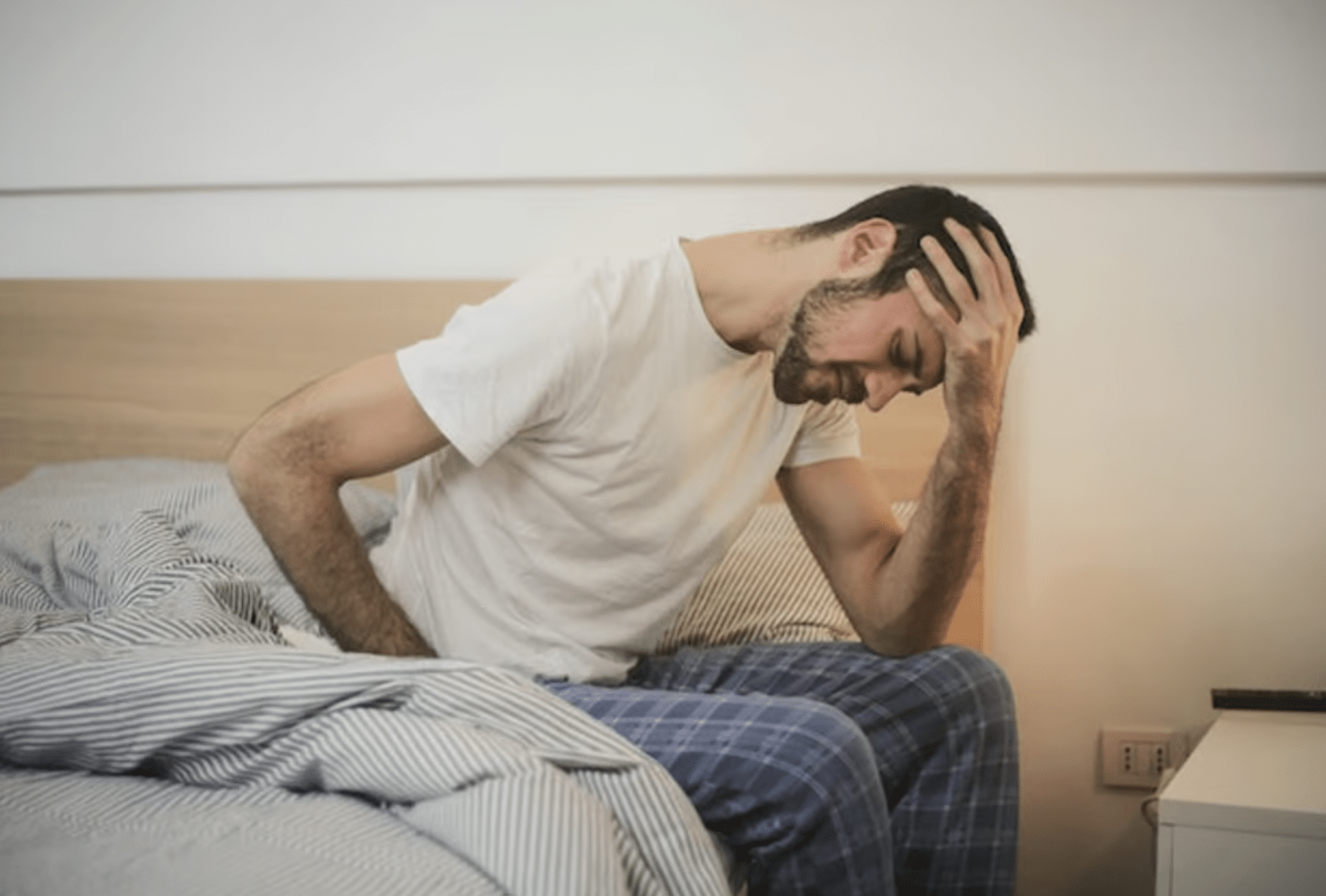
The Impact of a Worn Out Mattress on Hip Pain
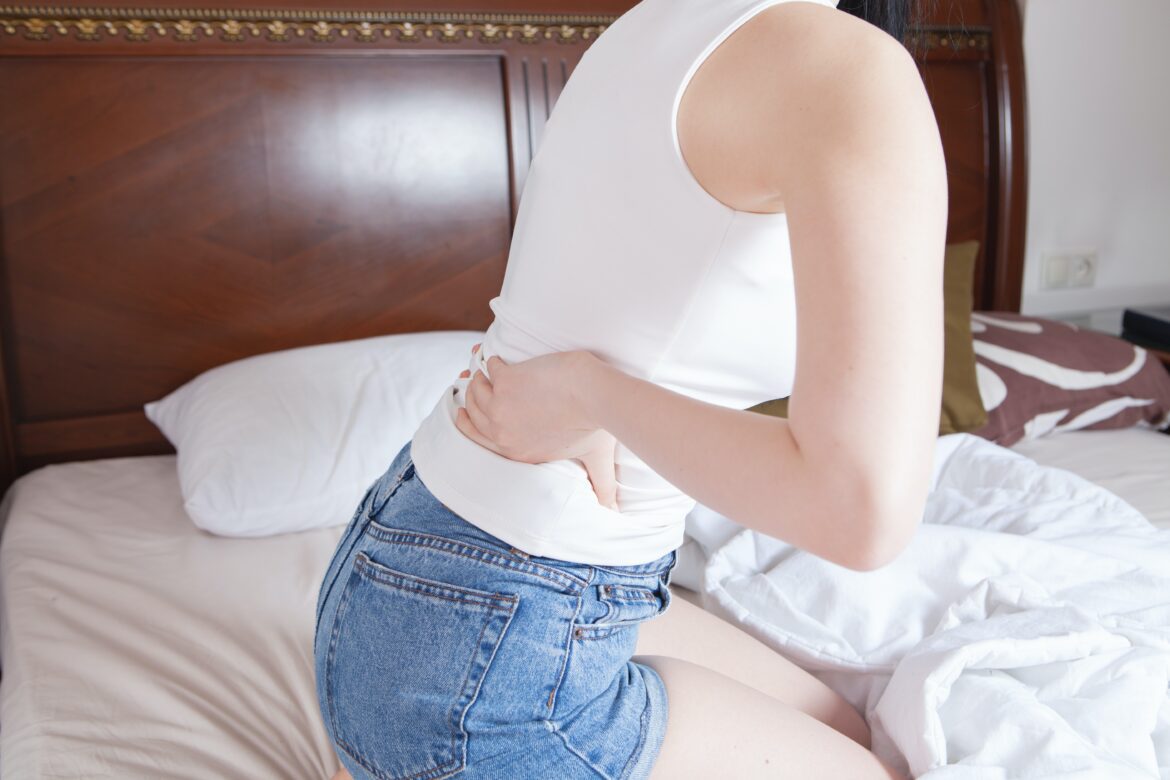 A good night's sleep is essential for our overall health and well-being, but it can be difficult to achieve if you are experiencing hip pain. Many people don't realize that their
mattress
may be the culprit behind their discomfort. A
worn out mattress
can significantly contribute to
hip pain
and may even be the root cause of it. Let's dive into how your mattress can affect your hips and what you can do to find relief.
A good night's sleep is essential for our overall health and well-being, but it can be difficult to achieve if you are experiencing hip pain. Many people don't realize that their
mattress
may be the culprit behind their discomfort. A
worn out mattress
can significantly contribute to
hip pain
and may even be the root cause of it. Let's dive into how your mattress can affect your hips and what you can do to find relief.
How a Mattress Affects Your Hips
 Our hips are one of the most crucial joints in our bodies, supporting our weight and allowing us to move freely. When we lie down to sleep, our hips need proper support to align with our spine and alleviate any pressure. However, a
worn out mattress
may not provide the necessary support, causing our hips to sink too far into the mattress. This can lead to misalignment and increased pressure on the hips, resulting in
pain and discomfort
that can affect our daily lives.
Our hips are one of the most crucial joints in our bodies, supporting our weight and allowing us to move freely. When we lie down to sleep, our hips need proper support to align with our spine and alleviate any pressure. However, a
worn out mattress
may not provide the necessary support, causing our hips to sink too far into the mattress. This can lead to misalignment and increased pressure on the hips, resulting in
pain and discomfort
that can affect our daily lives.
Choosing the Right Mattress for Hip Pain Relief
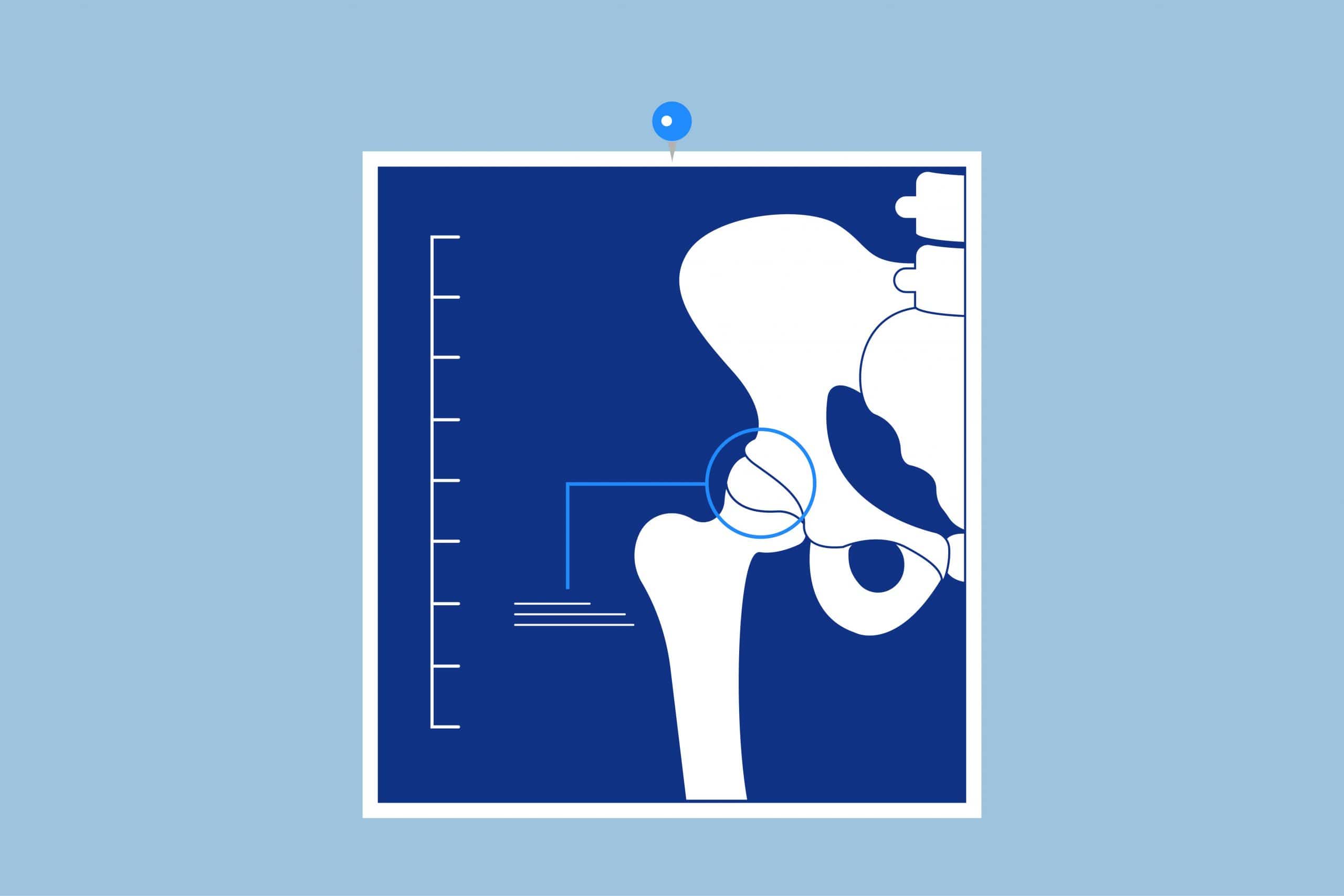 If you are experiencing
hip pain
, it may be time to consider investing in a new mattress. When shopping for a mattress, look for one that offers
firm support
for your hips. This will help keep your hips aligned with your spine and reduce pressure. Additionally, consider a mattress with
pressure-relieving features
such as memory foam or air chambers. These can help cushion your hips and provide relief from discomfort.
If you are experiencing
hip pain
, it may be time to consider investing in a new mattress. When shopping for a mattress, look for one that offers
firm support
for your hips. This will help keep your hips aligned with your spine and reduce pressure. Additionally, consider a mattress with
pressure-relieving features
such as memory foam or air chambers. These can help cushion your hips and provide relief from discomfort.
Other Factors to Consider
 While your
mattress
plays a significant role in
hip pain
, there are other factors to consider as well. It's important to maintain proper
posture
while sleeping, so make sure to use pillows to support your hips and keep them aligned with your spine. Also, consider your sleeping position – side sleepers may need a softer mattress to cushion their hips, while back sleepers may benefit from a firmer one.
While your
mattress
plays a significant role in
hip pain
, there are other factors to consider as well. It's important to maintain proper
posture
while sleeping, so make sure to use pillows to support your hips and keep them aligned with your spine. Also, consider your sleeping position – side sleepers may need a softer mattress to cushion their hips, while back sleepers may benefit from a firmer one.
Conclusion
 In conclusion, a
worn out mattress
can indeed cause
hip pain
and should not be ignored. Investing in a quality mattress that offers proper support and pressure relief can make a significant difference in your overall comfort and health. Remember to consider other factors such as posture and sleeping position to ensure a good night's sleep and alleviate
hip pain
. Don't let your mattress hold you back from getting the rest and relief you deserve.
In conclusion, a
worn out mattress
can indeed cause
hip pain
and should not be ignored. Investing in a quality mattress that offers proper support and pressure relief can make a significant difference in your overall comfort and health. Remember to consider other factors such as posture and sleeping position to ensure a good night's sleep and alleviate
hip pain
. Don't let your mattress hold you back from getting the rest and relief you deserve.





